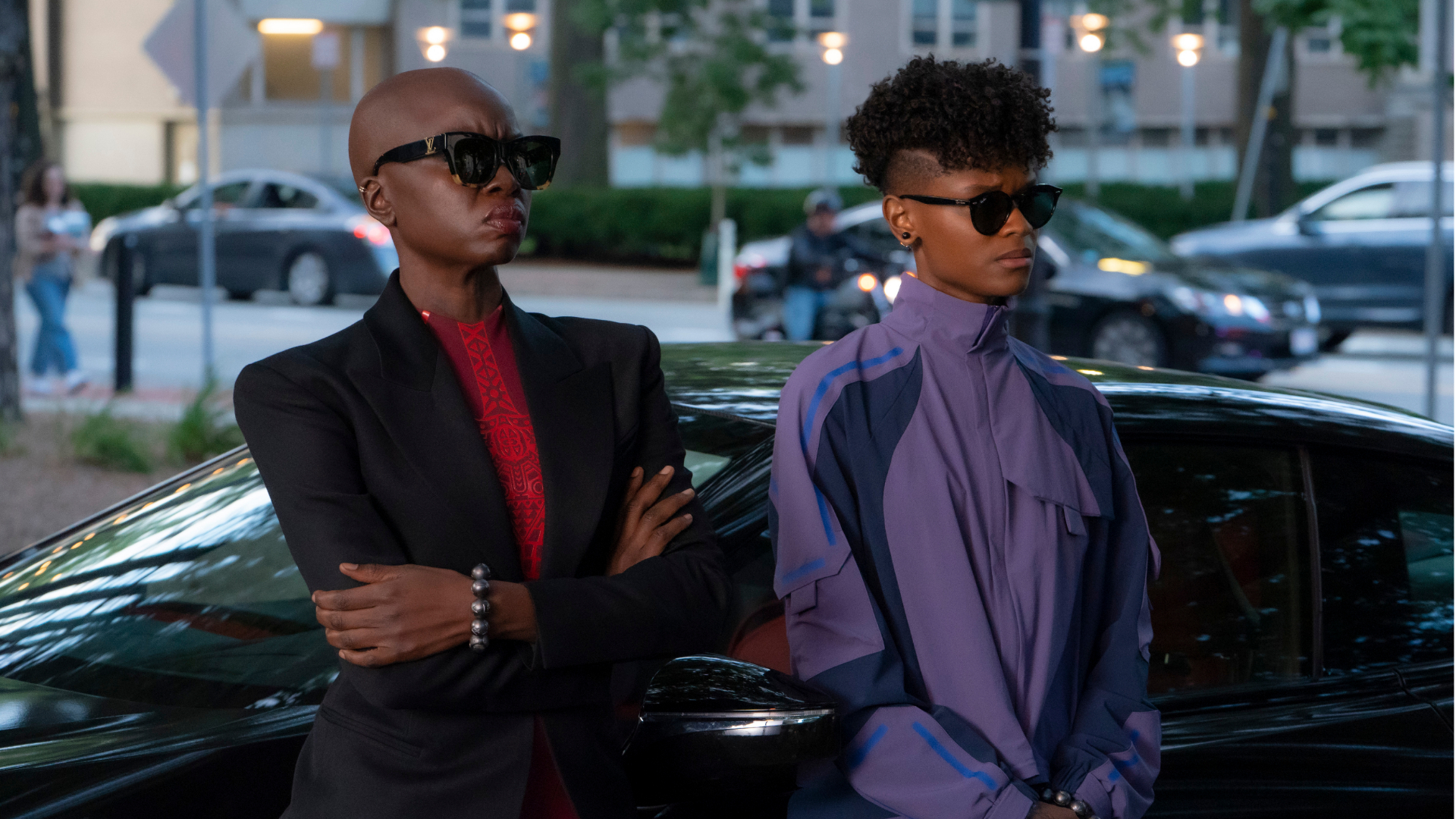Black Panther 2 director and producer reveal why putting the female characters in the spotlight is the right choice
Nate Moore and Ryan Coogler talk putting Wakanda Forever's women at the forefront

Black Panther: Wakanda Forever deals with the aftermath of King T'Challa's death, reflecting the real world loss of Chadwick Boseman. Angela Bassett's Ramonda, Letitia Wright's Shuri, Danai Gurira's Okoye, and Lupita Nyong'o's Nakia are all affected by the immense loss, and these women emerge as the movie's key cast of characters.
As producer Nate Moore explained during a press conference attended by Total Film, this female-focused perspective arose naturally as part of the storytelling process. "It was just the right story to tell. These were the characters who were most affected by T'Challa's passing, and so we focused on the people who were appropriate," Moore explained. "It's not about pushing women forward or holding men back, it's about telling the story that is organic.
"And I think sometimes, maybe from the outside, there's a thought that there are agendas at play. It's just telling good stories," he continued. "And again, we are blessed with an amazing cast who breathes life into these characters and makes you want to see what's happening with Shuri, what's happening with Okoye, what's happening with [Nakia], what's happening with Ramonda. To not highlight them would have been a disservice to the story. And so I think the movie's better for it, because if we would have had to wedge in some new male characters just to have that voice, that would have seemed more performative than just telling the story we told."
Director Ryan Coogler had similar thoughts. "When you lose somebody, who was the closest to him? That's what we were exploring," he said, after noting that Winston Duke's M'Baku had more screen time in Wakanda Forever compared to the first Black Panther. "The main characters, their identities were wrapped up in this man. It's the truth of it. Shuri, every day she was alive, she had her brother. So when she loses him, what we discovered while we were working on the script, and eventually bringing it to life with the actors, was that she really lost her sense of self. She identified herself as this guy's little sister. As his protector, as the person who looks out for him. When she loses that, it makes her very unmoored.
"The tricky thing about that is death comes for everybody, it's the truth of it," he added. "The worst nightmare that you could have is if something were to happen to you, the people who you love and leave behind would be unmoored, would be lost after you were gone. So we were exploring all of those themes. And it wasn't really about gender directly. It was about who would be most affected."
Black Panther: Wakanda Forever arrives in theaters this November 11. In the meantime, check out our guide to all the upcoming Marvel movies and TV shows for everything else the MCU has in store for us.
Bringing all the latest movie news, features, and reviews to your inbox

I'm the Deputy Entertainment Editor here at GamesRadar+, covering all things film and TV for the site's Total Film and SFX sections. I previously worked on the Disney magazines team at Immediate Media, and also wrote on the CBeebies, MEGA!, and Star Wars Galaxy titles after graduating with a BA in English.


